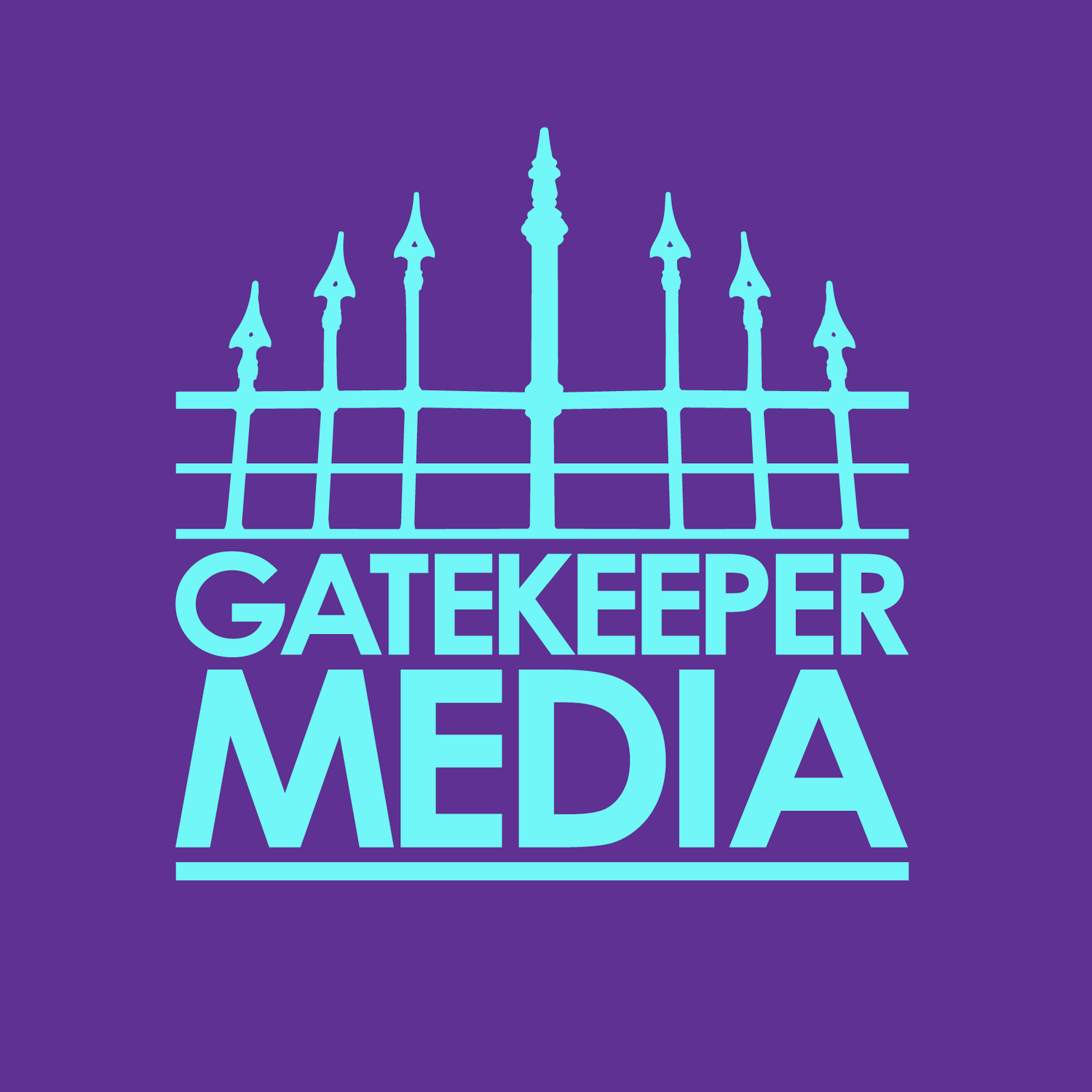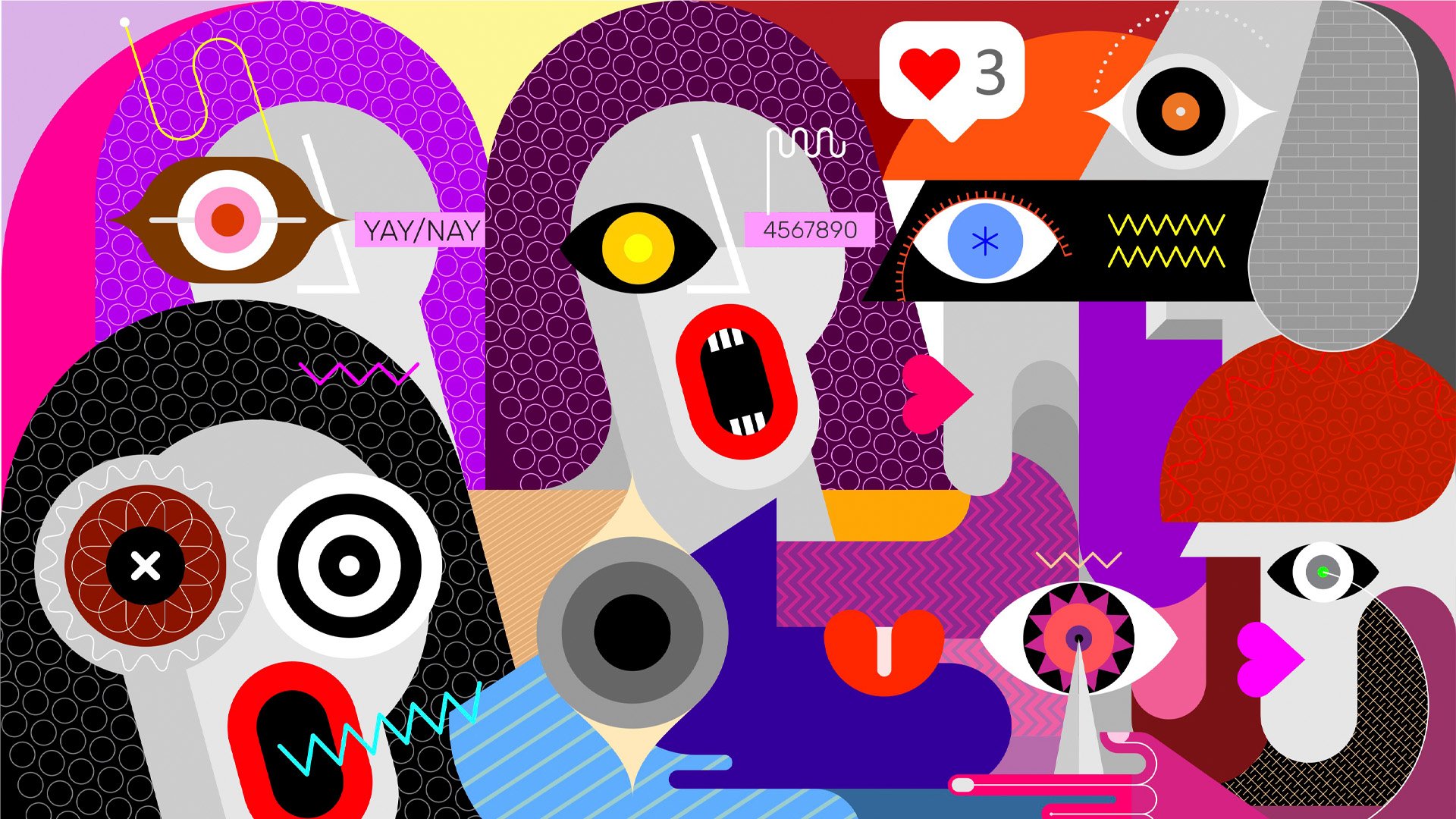The Toxic Side of Disc Golf
I’m sure just about every one of you reading this has now seen or heard the results from this weekend’s Discraft’s Great Lakes Open. What an amazing performance by so many in both MPO and FPO divisions. Natalie Ryan made history for taking down her first DGPT event, and Calvin won for the second time this season in a sudden death playoff. Nate Heinold and Jeff Spring and their crew worked very hard to put on a flawless event, and the crowds were out in force to support. There were over 800 amateurs playing on the other courses. Overall, it was an amazing weekend for disc golf in Michigan.
So, after such a successful weekend for disc golf, I pose this question: Why is Disc Golf such an amazing, friendly, inclusive sport in real life, but an absolute toxic dumpster fire on social media? How can such a diverse group of people from every walk of life all come together under their shared passion for a sport also be so negative and hateful towards each other online? I moderate several online groups on Facebook, Instagram, and Twitter. I am constantly confounded as to the level of vitriol that I see each day. So why is online toxicity running rampant?
Before I get started, let’s define ‘online toxicity’. The Decision Lab says, “The term “online toxicity” encompasses rude, aggressive, and degrading attitudes and behavior that are exhibited on online platforms. It can range from excessive use of profanity to outright hate speech. It is generally observed in the context of online interactions between one or more individuals.”
First, I think this kind of behavior is indicative of society as a whole right now. No matter the topic, you will find people screaming at each other from opposite points of view online. The biggest contributor to this phenomenon is politics. Seems like nobody can agree on anything anymore. Civil debate is nonexistent, and empathy, understanding and cooperation are basically extinct. The media fuels this polarization for ‘views’ and ‘likes’, and that just further deepens the crevasse. Now this type of behavior has leaked into every aspect of our lives, and we find ourselves arguing over who makes a better shoe, or why THIS much garlic is the right amount. There is a massive wedge dividing humanity right now, and our online interactions reflect that.
Second, I think that people feel emboldened by having a platform on which to express their thoughts and opinions. In the early days of the internet, we thought this was a going to be a good thing. In 1995, Dateline said, “There's a real potential for computers to connect people together. It's not an instant utopia. It's a tool that humans can use to build communities, just as the telephone is a tool that humans can use.” Connection? Yes. Utopia? Far from it. Instead, what has emerged is an army of ‘anonymous’ keyboard warriors that spew hatred and criticism on any subject available on the world wide web. It’s easy to jump on a chat board or subject thread and just spew negative comments to people you probably will never meet or know in real life. I think of ‘The Lord of the Flies’ or ‘mob mentality’ as the driving force here. It seems, when left to our own devices, most people just get very primal and angry.
Third, I think that is the lack of repercussions for all this nastiness we experience on the web. A hater in whatever-town, USA can just jump online, spew bigotry and racism and sexism as much as they please, and nothing will happen. There are no real consequences for this type of behavior (for the most part). I am certainly not advocating for the Thought Police here, but I am suggesting that we need to really take a step back and think about the impact of such behavior. Ask, “Is this something I would say to somebody if we were in the same room together?” I think for most toxic content creators, the answer is ‘no’. Now, I could probably write an entire dissertation about why we have so much hate and bigotry as a society, but I won’t get into that here. I know that even with a more stringent filtering and approval process for social media content, the root problem still exists. But I also think that if we started acting more civil and respectful in our online communications, we may be able to address the problem and eventually find a common solution.
Ok, back to disc golf. All I’m asking is for people to be more aware of the content they create, and the impact they have on society. We all have our opinions and beliefs, but that doesn’t mean that we are right, and they are wrong. Society is a melting pot of ideas, philosophies, lifestyles, languages, and cultures. Disc golf is a microcosm of that society, and we as participants need to show the world that we can be better, and that we ARE better. Let’s stop hating and start debating. Let’s try to lift each other up rather than pull each other down. Let us work together to find common ground, rather than separate ourselves. The people we are when we’re on the course should be the same people we are when we’re online. As Rodney King said, “Can’t we all just get along?”




